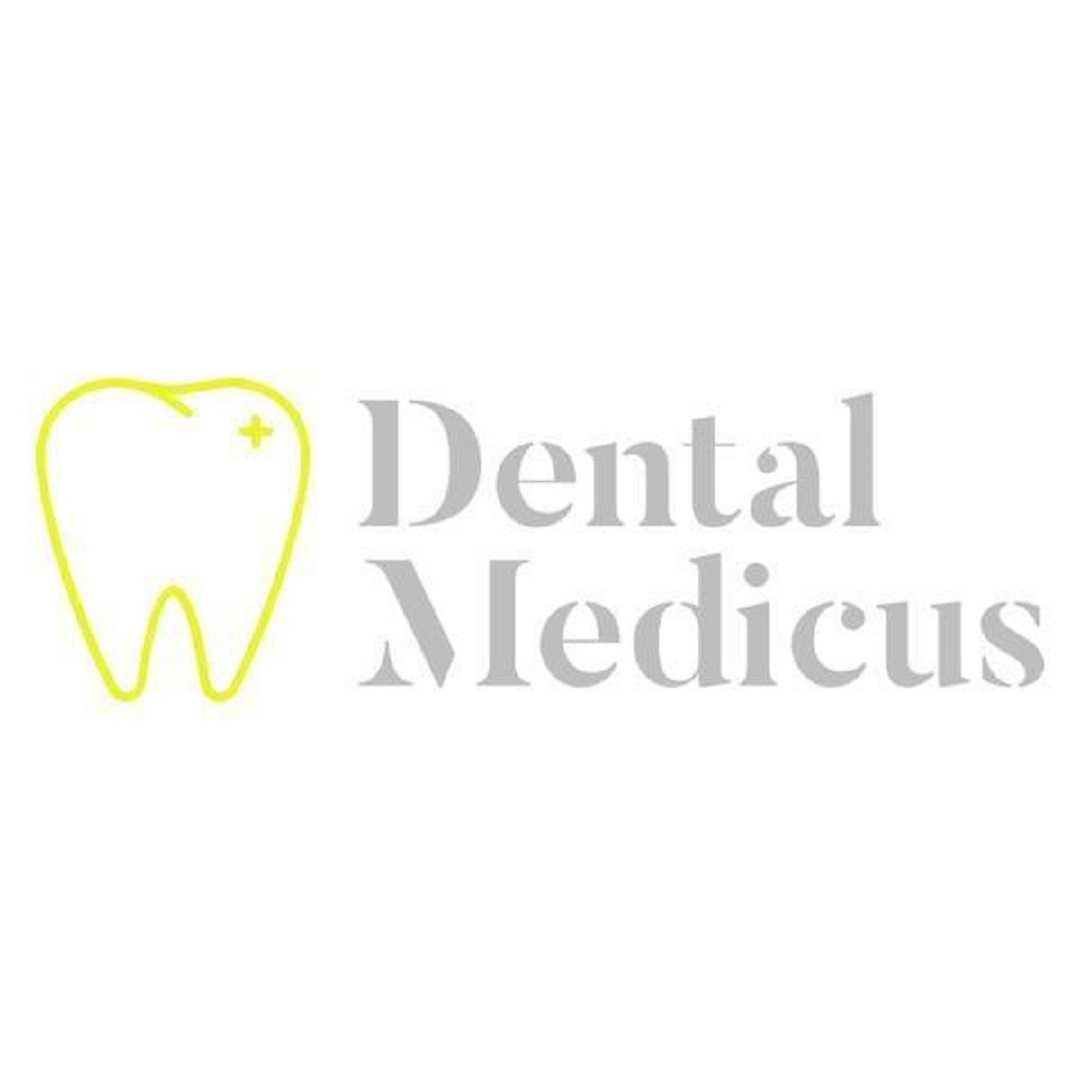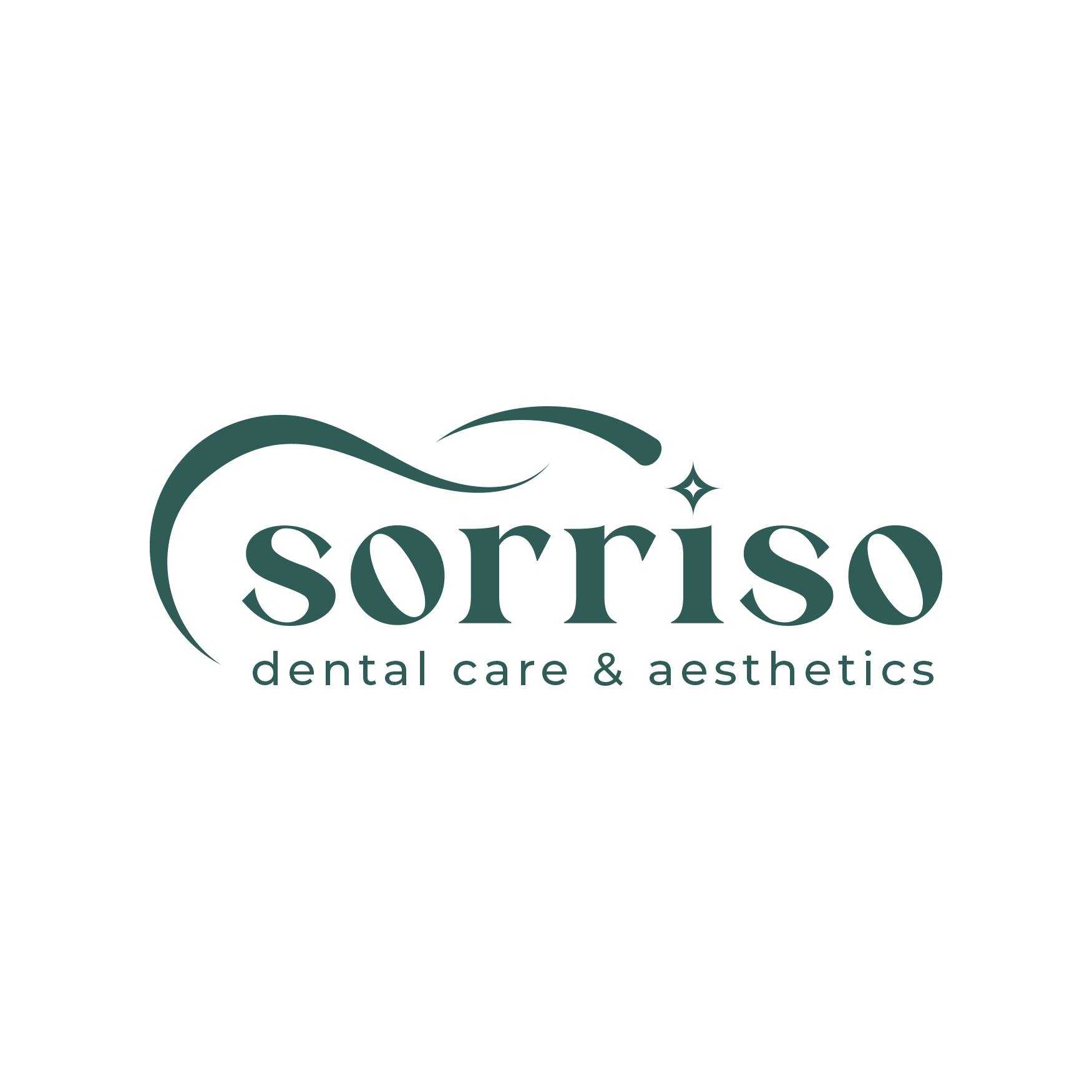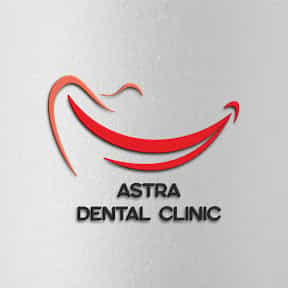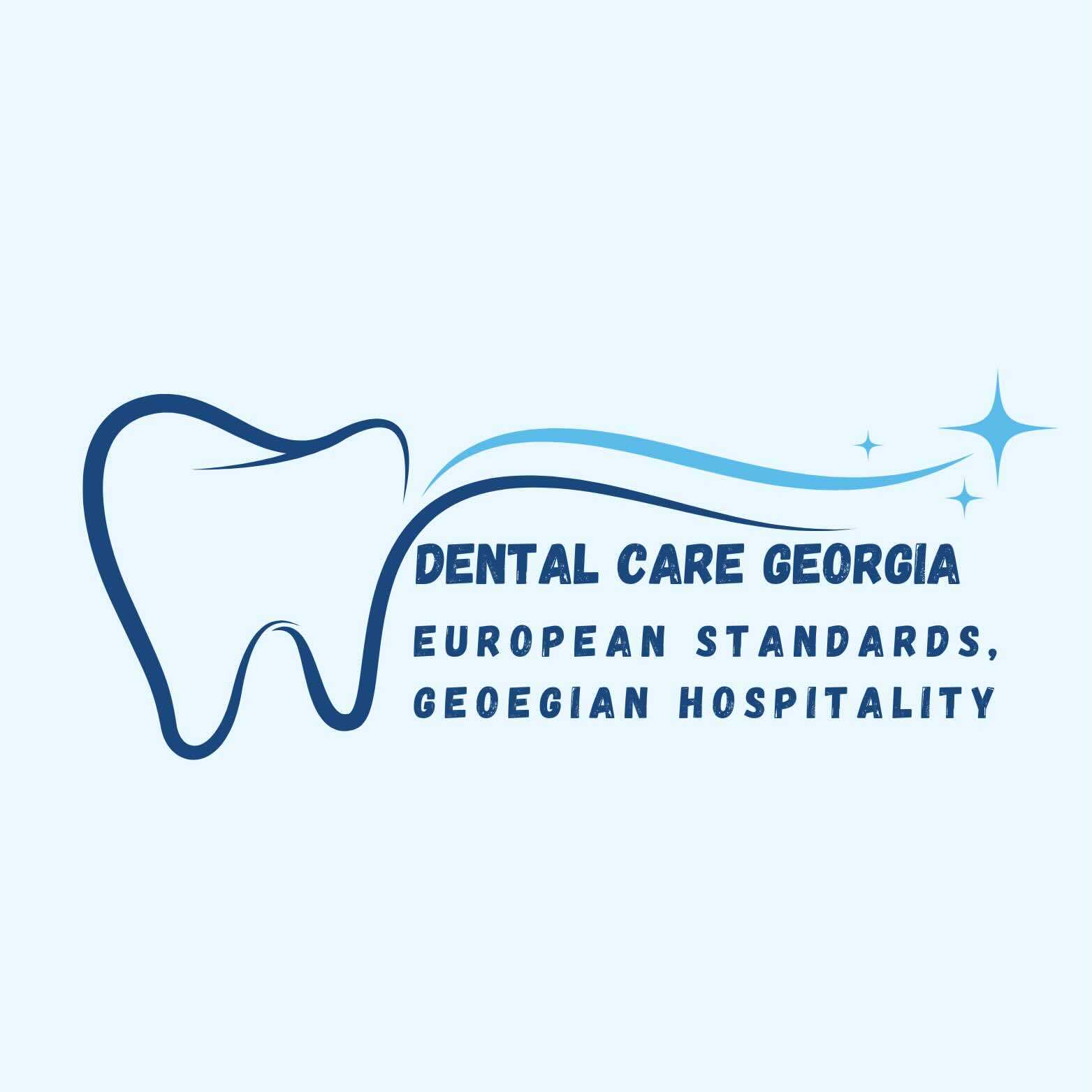Full Mouth Implants in Georgia: Understanding the True Cost

Welcome to your comprehensive guide on the cost of full mouth implants in Georgia! If you're considering a complete smile transformation, you're likely wondering about the financial investment involved. Getting a full set of dental implants is a significant decision, offering a permanent and natural-feeling solution for missing teeth. In Georgia, the price for full mouth dental implants can vary quite a bit, generally falling within a range of $20,000 to $50,000 per arch, although more affordable options like "All-on-4" can start lower, around $15,000 to $20,000 per arch. This blog post aims to break down these costs, explain what influences them, and help you understand what to expect throughout your dental implant journey. We'll answer common questions and provide detailed explanations to ensure you have all the information you need to make an informed decision about restoring your smile in Georgia.
What is the average cost of full mouth dental implants in Georgia?
The cost of full mouth dental implants in Georgia is not a fixed price and can vary significantly depending on several factors, including the type of implant system, the materials used, the complexity of your case, and the specific dental practice you choose. For a complete set of upper and lower jaw implants, you might expect to pay anywhere from $40,000 to $100,000 or more, as the per-arch cost is often doubled for both arches.
For specific popular options, such as All-on-4 dental implants, which use four implants to support a full arch of teeth, the cost is generally lower, often starting around $15,000 to $20,000 per arch. These solutions are appealing because they require fewer implants, which can reduce overall cost and potentially avoid the need for extensive bone grafting for some patients. It's important to remember that these are general estimates, and a personalized quote will always require a consultation with a dental professional.
What factors influence the cost of full mouth implants in Georgia?
Understanding the various elements that contribute to the price of full mouth dental implants is key to navigating your treatment options. Here's a breakdown of the main factors:
- Number of Implants: While "full mouth" can refer to a complete set of teeth, the actual number of implants placed per arch varies. Systems like All-on-4 use four implants, while others might use six or even eight per arch for greater stability. More implants generally mean a higher cost.
- Type of Prosthetic: The type of artificial teeth attached to the implants significantly impacts the price. Options range from fixed zirconia bridges, which are highly durable and aesthetic, to acrylic dentures supported by implants. Zirconia is typically more expensive than acrylic.
- Materials Used: The quality of materials for both the implants (e.g., titanium, zirconia) and the prosthetic teeth (e.g., high-grade acrylic, porcelain, zirconia) affects the total cost. Premium materials often come with a higher price tag but offer enhanced longevity and aesthetics.
- Preparatory Procedures: Many patients require additional treatments before implant placement. These can include:
- Tooth Extractions: If existing damaged or decayed teeth need to be removed.
- Bone Grafting: If there isn't sufficient jawbone density to support the implants, bone grafting is necessary to build up the bone. This can add significantly to the cost and extend the treatment timeline.
- Sinus Lifts: A specific type of bone graft performed in the upper jaw if the sinuses are too close to the implant site.
- Gum Disease Treatment: If you have active gum disease, it must be treated before implants can be placed to ensure success.
- Surgeon's Expertise and Clinic Reputation: Highly experienced oral surgeons or prosthodontists with a strong track record often charge more for their services. Their specialized skill and the use of advanced technology contribute to higher success rates and better outcomes.
- Geographic Location: Dental costs can vary by city and even by neighborhood within Georgia. Larger metropolitan areas like Atlanta might have higher prices compared to smaller towns due to overhead costs and demand.
- Anesthesia and Sedation: The type of anesthesia chosen (local, oral conscious sedation, IV sedation, or general anesthesia) will influence the overall cost. IV sedation and general anesthesia, which require an anesthesiologist, are typically more expensive.
- Diagnostic Imaging: Comprehensive evaluations, including 3D CT scans and X-rays, are crucial for precise implant planning. These initial diagnostic costs are usually factored into the total price.
- Follow-up Care: Post-operative visits, adjustments, and long-term maintenance appointments are also part of the overall investment, though some clinics may include initial follow-ups in their package pricing.
Are full mouth implants worth the investment in Georgia?
While the upfront cost of full mouth implants can seem substantial, many patients in Georgia find them to be a highly valuable investment in their long-term oral health and overall well-being. Here’s why:
- Durability and Longevity: Unlike traditional dentures that often need relining or replacement every 5-10 years, dental implants, with proper care, can last a lifetime. The implant posts integrate with your jawbone, providing a stable foundation that mimics natural tooth roots.
- Improved Oral Function: Implants restore nearly the full chewing power of natural teeth, allowing you to eat all your favorite foods without worry. This significantly enhances your diet and overall nutrition, unlike dentures which can restrict certain foods.
- Natural Appearance and Feel: Implant-supported teeth look and feel like your own. They are permanently fixed, so there’s no slipping, clicking, or discomfort often associated with removable dentures. This leads to increased confidence in speaking and smiling.
- Bone Preservation: When teeth are lost, the jawbone naturally begins to resorb or shrink. Dental implants stimulate the jawbone, just like natural tooth roots, which helps preserve bone density and maintain your facial structure, preventing the "sunken" look often seen with long-term denture wear.
- Enhanced Quality of Life: Beyond the physical benefits, full mouth implants offer significant improvements to your quality of life. Patients report feeling more confident, comfortable, and less self-conscious in social situations, leading to a happier and healthier lifestyle.
- Cost-Effectiveness Over Time: Although the initial investment is higher, when you factor in the ongoing costs of traditional dentures (adhesives, cleaning solutions, relines, replacements), implants can become more cost-effective over the long run due to their exceptional durability.
Does dental insurance cover full mouth implants in Georgia?
The extent of dental insurance coverage for full mouth implants in Georgia can be a bit complex. Generally, most standard dental insurance plans do not fully cover the cost of dental implants, as they may be classified as a "major procedure" or a "cosmetic" treatment, or simply not included in their list of covered benefits. However, this doesn't mean your insurance won't help at all.
Many insurance providers might cover certain components of the full mouth implant procedure, such as:
- Diagnostic procedures: X-rays, CT scans, and initial consultations.
- Preparatory treatments: Tooth extractions, bone grafting, or gum disease treatment that are deemed medically necessary.
- The prosthetic: A portion of the cost for the implant-supported bridge or denture might be covered, similar to how traditional dentures or crowns are covered.
It is crucial to contact your insurance provider directly and discuss your specific plan's benefits regarding dental implants. Your dental clinic in Georgia can often assist you by submitting pre-authorization requests to determine your exact coverage. Don't assume anything; always get a detailed breakdown from both your insurer and the dental office.
What financing options are available for full mouth implants in Georgia?
Given that dental implants represent a significant investment, many dental practices in Georgia understand the need for flexible payment solutions. Here are common financing options available:
- Third-Party Medical Financing: Companies like CareCredit, Sunbit, and Proceed specialize in healthcare financing. They offer various plans, including interest-free periods for qualified applicants, or low-interest extended payment plans. You can often apply quickly and get an immediate decision.
- In-House Payment Plans: Some dental clinics offer their own payment plans, allowing you to break down the total cost into manageable monthly installments. These plans can vary widely, so it's best to inquire directly with the clinic about their specific terms and conditions.
- Personal Loans: You might consider a personal loan from a bank or credit union. These loans typically have fixed interest rates and repayment schedules, making them a predictable option for financing larger healthcare expenses.
- Dental Savings Plans: While not insurance, dental savings plans (also known as discount plans) offer members discounted rates on a wide range of dental procedures, including implants, in exchange for an annual fee.
- Health Savings Accounts (HSAs) and Flexible Spending Accounts (FSAs): If you have an HSA or FSA through your employer, you can use these tax-advantaged accounts to pay for qualified medical expenses, including dental implants.
It's always recommended to discuss financing options during your initial consultation. Most clinics have dedicated staff who can help you explore what works best for your budget.
How long does the full mouth implant procedure take in Georgia?
The timeline for a full mouth implant procedure is not a "one-day" process for most patients, although some "teeth in a day" protocols can deliver temporary teeth quickly. The overall duration largely depends on your individual needs, especially if preparatory procedures are required. Here's a general breakdown:
- Initial Consultation and Planning (1-2 appointments): This involves a thorough examination, X-rays, 3D CT scans, and discussions about your health history and treatment goals. A personalized treatment plan is developed during this phase.
- Preparatory Procedures (variable): If you need tooth extractions, bone grafting, or gum disease treatment, these procedures will add to the timeline. Bone grafting, in particular, requires several months (typically 3-6 months) for the bone to heal and integrate before implants can be placed.
- Implant Placement Surgery (1-2 days): This is the surgical phase where the titanium implant posts are surgically placed into your jawbone. For full mouth cases, this can take a few hours. Some "All-on-4" procedures allow for temporary teeth to be placed on the same day or within 24-48 hours.
- Osseointegration (3-6 months): This is the crucial healing period where the implants fuse with your jawbone. This process, called osseointegration, is essential for the stability and long-term success of the implants. During this time, you might wear temporary dentures or bridges.
- Abutment Placement (1 appointment): Once osseointegration is complete, small connectors called abutments are attached to the implants. This might be a separate minor procedure or already part of the initial implant placement.
- Restoration Placement (2-4 appointments over several weeks): Impressions are taken to custom-fabricate your final prosthetic teeth (bridge or denture). Once ready, these permanent restorations are securely attached to the abutments. This stage involves fitting, adjustments, and final placement.
In total, the process for full mouth implants can range from 3-6 months for straightforward cases without significant bone loss, to over a year if extensive preparatory work is needed. Your dental professional will provide a more precise timeline during your consultation.
What types of full mouth implants are available in Georgia?
When considering full mouth implants in Georgia, you'll encounter several options, each designed to address different patient needs and bone density levels. The primary goal is to restore a complete arch of teeth, whether in the upper, lower, or both jaws. Here are the most common types:
- All-on-4 Dental Implants: This is a popular solution for patients who have lost most or all of their teeth. It involves strategically placing four dental implants in the jawbone to support a full arch of prosthetic teeth. The implants are angled to maximize contact with existing bone, often eliminating the need for bone grafting. This method can sometimes provide "new teeth in a day" with a temporary bridge, allowing immediate function.
- All-on-6 Dental Implants: Similar to All-on-4, this method uses six implants per arch to provide even greater stability and support for the full prosthetic. It's often recommended for patients with good bone density who can accommodate the extra implants, offering a very robust and long-lasting solution.
- Traditional Full Arch Implants: This approach might involve placing 6 to 8 or even more individual implants per arch, with each implant potentially supporting a crown or a portion of a bridge. This method is highly customized and can be ideal for patients with specific needs or who prefer a more dispersed support system for their prosthetic.
- Implant-Supported Dentures (Snap-in Dentures): While full fixed implants are the most permanent, some patients opt for implant-supported dentures. These dentures "snap" onto a few implants (typically 2-4 per arch) for enhanced stability compared to traditional removable dentures. They offer improved chewing efficiency and comfort but are still removable for cleaning.
- Zygomatic Implants: For patients with severe bone loss in the upper jaw, where traditional implants or even All-on-4/6 are not feasible, Zygomatic implants might be an option. These longer implants are anchored into the cheekbone (zygoma) instead of the jawbone. This is a more complex surgical procedure but can provide a solution for those who would otherwise require extensive bone grafting or no other implant options.
Your dental professional will assess your bone structure, oral health, and preferences to recommend the most suitable type of full mouth implant for you.
What is the recovery process like for full mouth implants in Georgia?
The recovery process after receiving full mouth implants in Georgia involves a few distinct phases, starting immediately after surgery and continuing through the integration of the implants with your bone.
Initial Recovery (First few days to 2 weeks):
- Swelling and Discomfort: You can expect some swelling, bruising, and mild to moderate pain for the first few days after surgery. This is normal and can be managed with prescribed pain medication and cold compresses.
- Diet: A soft or liquid diet is crucial during the initial recovery period to avoid disturbing the surgical sites. Your dentist will provide specific dietary guidelines.
- Oral Hygiene: Gentle oral hygiene is vital. You'll likely be advised to rinse with a prescribed antibacterial mouthwash and avoid brushing the surgical areas directly for a few days.
- Activity: Rest is important immediately after surgery. Avoid strenuous activities for at least a week to prevent complications.
Osseointegration Period (3-6 months):
- Healing and Fusion: This is the period where the dental implants gradually fuse with your jawbone. It's a critical phase for the long-term success of the implants.
- Temporary Prosthesis: If you received a "teeth in a day" temporary bridge, you'll need to maintain a soft diet to protect the healing implants. If you have traditional temporary dentures, they will be adjusted as needed.
- Continued Care: Maintain excellent oral hygiene and attend all scheduled follow-up appointments with your dentist to monitor the healing progress.
Final Restoration and Long-Term Maintenance:
- Once osseointegration is complete, your permanent prosthetic teeth are attached. At this point, you can typically resume a normal diet.
- Long-term success relies on diligent oral hygiene, including regular brushing and flossing, and routine dental check-ups (typically every six months) to ensure the health of your implants and surrounding tissues.
Your dental team will provide detailed post-operative instructions and be available to answer any questions or concerns you have during your recovery.
Can I get full mouth implants if I have bone loss in Georgia?
Bone loss in the jawbone is a common concern for individuals considering full mouth implants, especially if teeth have been missing for an extended period. The good news is that bone loss does not automatically disqualify you from getting implants in Georgia. Dental technology and techniques have advanced significantly, offering solutions for many patients with varying degrees of bone density.
Here's how bone loss is typically addressed:
- Bone Grafting: This is the most common solution. If your jawbone lacks sufficient volume or density to support dental implants, a bone grafting procedure can be performed. Bone material (either from your own body, a donor, animal source, or synthetic) is added to the jaw to stimulate new bone growth. After the graft, a healing period of several months is required before implant placement can proceed.
- Sinus Lift: For bone loss in the upper jaw, particularly near the sinuses, a sinus lift (or sinus augmentation) procedure may be necessary. This lifts the sinus floor to create space for bone graft material, allowing implants to be placed securely.
- All-on-4 Technique: The All-on-4 system is specifically designed to maximize the use of existing bone. By strategically angling the implants, dentists can often avoid areas of significant bone loss, making it a viable option for many patients who might otherwise require bone grafting.
- Zygomatic Implants: As mentioned earlier, for severe upper jaw bone loss, Zygomatic implants are an option. These longer implants anchor into the cheekbone, bypassing the need for extensive jawbone grafts. This is a more specialized procedure typically performed by oral surgeons experienced in complex cases.
During your initial consultation in Georgia, a comprehensive evaluation, including 3D CT scans, will determine the extent of any bone loss and whether additional procedures like bone grafting are necessary. Your dentist will then explain the most suitable treatment plan for your specific situation.
What are the alternatives to full mouth implants in Georgia?
While full mouth implants offer the most natural and stable solution for replacing all missing teeth, they may not be suitable or preferred by everyone. Fortunately, there are other viable alternatives available in Georgia:
- Traditional Complete Dentures: These are removable prosthetics that rest directly on the gums. They are the most affordable option for replacing all teeth in an arch.
- Pros: Lower initial cost, non-invasive (no surgery).
- Cons: Can slip or shift, may cause gum irritation, require adhesives, can affect speech and taste, do not prevent jawbone loss, and need frequent relining or replacement.
- Partial Dentures: If you have some healthy natural teeth remaining, a partial denture can replace multiple missing teeth. It typically consists of replacement teeth attached to a plastic base that matches the color of your gums, connected by a metal framework or clasps that attach to your natural teeth.
- Pros: More affordable than implants, preserves some natural teeth.
- Cons: Can put strain on natural teeth, may not feel as stable as implants, requires removal for cleaning, and doesn't prevent bone loss in areas of missing teeth.
- Dental Bridges: While primarily used for replacing one or a few missing teeth, in certain limited cases, extensive bridges might be considered for a larger span if enough healthy natural teeth are present to support them. However, for a full arch, this is generally not a practical or long-lasting solution compared to implants.
- Pros: Fixed solution, doesn't require removal.
- Cons: Requires grinding down healthy adjacent teeth for support, does not prevent bone loss beneath the missing teeth, and may need replacement after 5-15 years.
Each of these alternatives comes with its own set of advantages and disadvantages regarding cost, comfort, stability, and long-term oral health. Discussing all options thoroughly with your dentist will help you choose the best solution for your needs and budget.
How to choose the right dental clinic for full mouth implants in Georgia?
Selecting the right dental clinic for your full mouth implants in Georgia is a crucial decision that can significantly impact the success and satisfaction of your treatment. Here are key factors to consider:
- Experience and Expertise of the Dentist: Look for a dentist or oral surgeon with extensive experience in placing dental implants, particularly full mouth cases. Ask about their qualifications, specialized training in implantology, and how many full arch procedures they've performed.
- Patient Testimonials and Reviews: Read online reviews and testimonials from previous patients. Websites like Google, Yelp, and the clinic's own site can provide insights into patient experiences regarding the quality of care, results, and overall satisfaction.
- Before-and-After Photos: Ask to see a portfolio of before-and-after photos of their full mouth implant cases. This can give you a visual understanding of their work and the aesthetic outcomes they achieve.
- Technology and Facilities: A modern dental clinic equipped with advanced technology (e.g., 3D CT scanners, digital impression systems, in-house labs) can ensure more precise planning, efficient treatment, and better results.
- Accreditation and Licensing: Ensure the clinic and its dentists are properly licensed and accredited by relevant dental boards in Georgia.
- Transparent Pricing and Financing: The clinic should provide a clear, detailed breakdown of all costs involved in your full mouth implant treatment, including any potential additional procedures. They should also be transparent about financing options.
- Communication and Comfort: Choose a clinic where you feel comfortable and confident in the dental team. Effective communication, a friendly atmosphere, and a willingness to answer all your questions are essential.
- Consultation: Many clinics offer initial consultations, sometimes free or at a reduced cost. Use this opportunity to meet the team, assess the facility, and discuss your specific needs and concerns.
Don't hesitate to visit a few different clinics before making your final decision. A thorough evaluation will help ensure you choose a provider that aligns with your expectations and provides high-quality care.
If you're exploring options for full mouth implants or other healthcare services, consider reaching out to PlacidWay. They can help you connect with top-tier clinics and specialists, offering comprehensive solutions tailored to your needs.


.png)




.png)
.png)
.png)
.png)






Share this listing